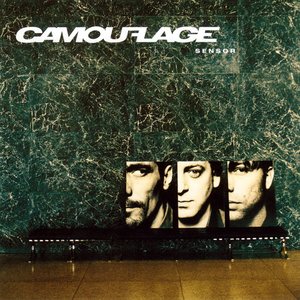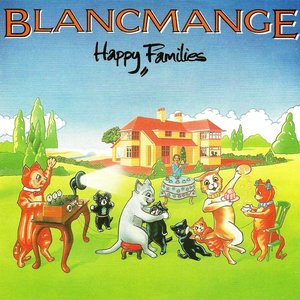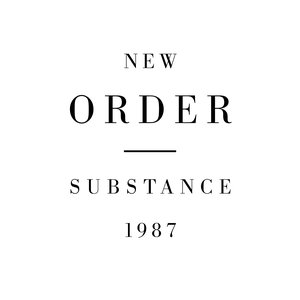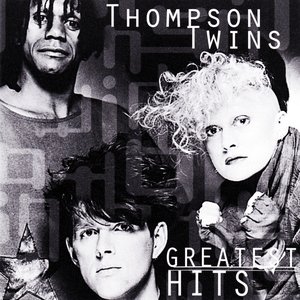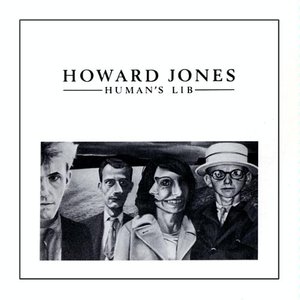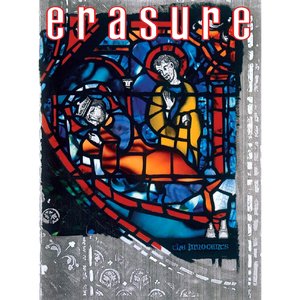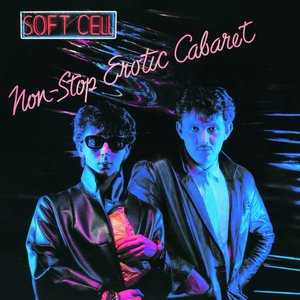Wiki
-
Release Date
24 October 1980
-
Length
9 tracks
Organisation is the second studio album by English electronic band Orchestral Manoeuvres in the Dark (OMD), released on 24 October 1980 by Dindisc. On Organisation the group worked with a producer for the first time, enlisting former Gong bass player Mike Howlett, while session musician Malcolm Holmes became the band's full-time drummer. The record is noted for its dark, melancholic tone in comparison to previous OMD releases.
Organisation received generally favourable reviews and provided OMD with their first top-10 album in the United Kingdom, where it peaked at number six on the UK Albums Chart. "Enola Gay" was the only single taken from the record, and was the group's fourth entry on the UK Singles Chart, reaching number eight. Organisation was remastered and re-released in 2003, with several bonus tracks.
Organisation features a darker, more melancholic tone than OMD's previous work. The band had been Factory label-mates, and had played many gigs with Manchester group Joy Division, whose frontman Ian Curtis died by suicide during the writing of the album. OMD's compositions were influenced by Joy Division's moody sound, with "Statues" being inspired by Curtis himself. The record also drew from krautrock influences.
Organisation was produced by Mike Howlett, formerly bass player of Gong; this marked the first time the band had worked with a producer. Keyboardist Paul Humphreys said, "We learned a lot from him. We were young and didn't understand the recording process and he guided us and pushed us – he was sensitive to our more esoteric, experimental side."Malcolm Holmes, who had drummed for precursor outfit the Id and provided session musicianship for OMD (notably on "Julia's Song", from the group's debut album), was recruited as a full-time band member, replacing the TEAC tape recorder named "Winston".
Sole single "Enola Gay" had little in common with the dark sound of the rest of the record, despite its bleak subject matter. The song was written at the same time as the band's debut album, as was "Motion and Heart", which was considered as a second single. "The Misunderstanding" is a holdover from the Id. "The More I See You" is a cover of a song written by Mack Gordon and Harry Warren in 1945, and popularised by Chris Montez in 1966. The track began as an original composition, but frontman Andy McCluskey found himself singing the words to "The More I See You" over the song, which morphed into a cover version. OMD's arrangement is radically different from that of previous versions.
"Promise" features Humphreys' first lead vocal, as well as his first solo composition on an OMD album. "Stanlow" was written about the Stanlow Refinery in Ellesmere Port, Cheshire, where McCluskey's father and sister worked. OMD cherished the view of the refinery lit up at night, often observing it when returning from tours. McCluskey's father granted the band access to the site to sample sounds from the machinery; a diesel pump forms the rhythmic opening of "Stanlow". "VCL XI" was the name of McCluskey and Humphreys' short lived group, which itself was named after a valve on the back of Kraftwerk's Radio-Activity album (the name of the valve is written "VCL 11" on the Radio-Activity sleeve). The record's title is a homage to the band Organisation, a precursor to Kraftwerk.
As with all of OMD's early album covers, the artwork was designed by Peter Saville Associates. It features a photograph by Richard Nutt of the cloud-covered peak of Marsco in the Red Cuillin hills, on the Isle of Skye.
Album descriptions on Last.fm are editable by everyone. Feel free to contribute!
All user-contributed text on this page is available under the Creative Commons Attribution-ShareAlike License; additional terms may apply.

